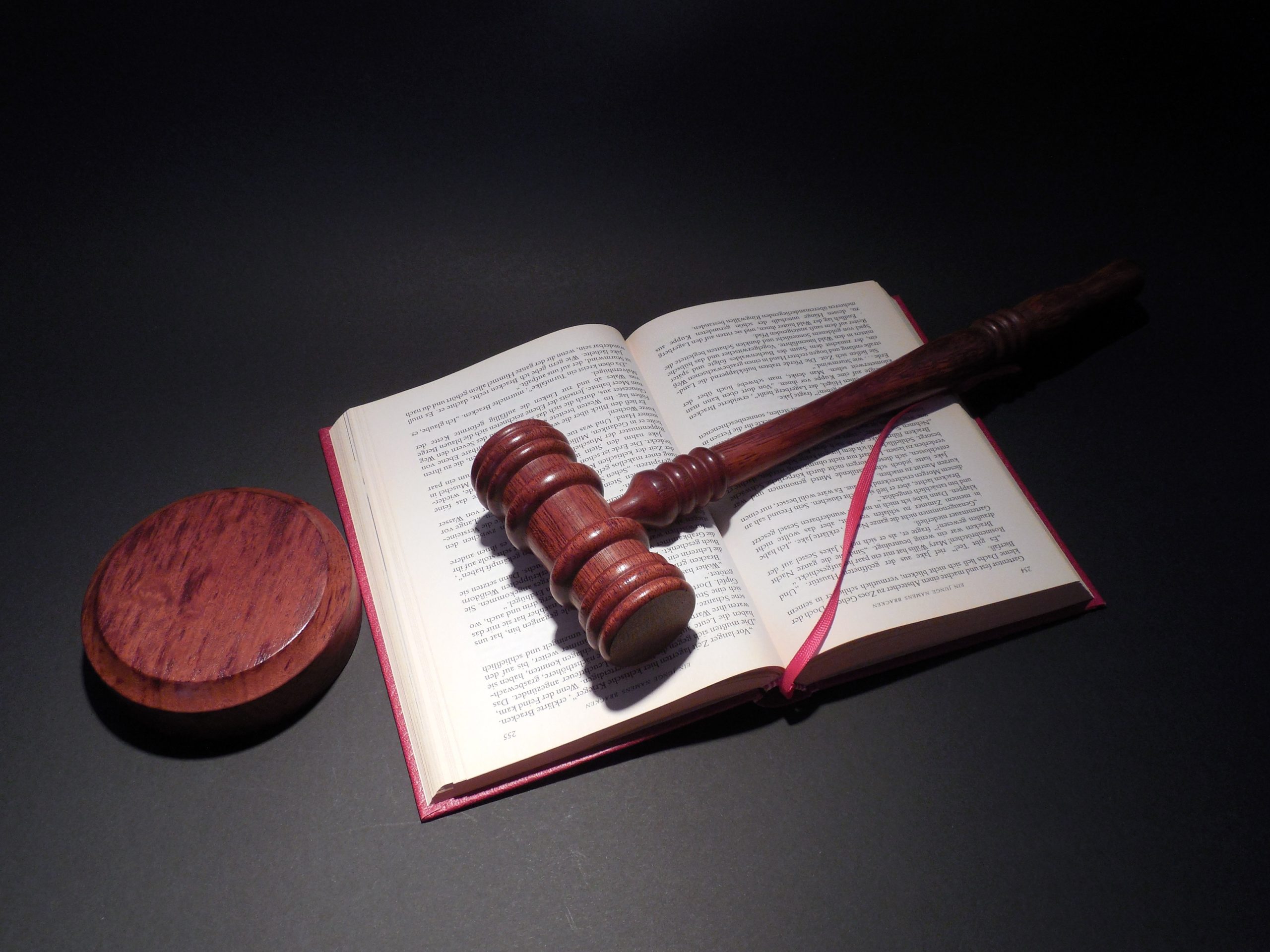 Losing a lawsuit can lead to frustration with your attorney, and you might contemplate pursuing a legal malpractice claim against them. However, it is crucial to comprehend the essential elements required to succeed in such a claim; otherwise, your case may face dismissal. The Klein v. Wynne lawsuit examines the importance of meeting all the requirements to prevail in a legal malpractice lawsuit and highlights the potential consequences of failing to do so.
Losing a lawsuit can lead to frustration with your attorney, and you might contemplate pursuing a legal malpractice claim against them. However, it is crucial to comprehend the essential elements required to succeed in such a claim; otherwise, your case may face dismissal. The Klein v. Wynne lawsuit examines the importance of meeting all the requirements to prevail in a legal malpractice lawsuit and highlights the potential consequences of failing to do so.
Leverette Klein hired lawyer Vincent Wynne Jr., who worked for Wynne, Goux & Lobello, to provide legal advice and services related to a foreclosure in St. Tammany Parish. Klein claimed he had an assignment of a mortgage note and money judgment recognized a mortgage for a property in Lacombe, Louisiana. Klein said he wanted Sandra Parnell, his ex-girlfriend, removed from the house. Klein told Wynne that Parnell had some of his movable property that she would not return. Wynne resolved the issue and tried to contact Klein to see if he wanted to pursue the foreclosure. Klein claimed that Wynne did not contact him, whereas Wynne claimed Klein was unresponsive.
Klein fired Wynne as his attorney and hired another attorney. He then learned he would be unable to recover for the mortgage on the property because it was not timely revived under the ten-year period under La. C.C. art. 3501. Leverette Klein brought a legal malpractice against Vincent Wynne Jr., the law firm Wynne, Goux & Lobello, and their insurer, Greenwich Insurance Company. Klein claimed that because of Wynne or his law firm’s failure, he could not foreclose his property and sustained damages. The trial court found that the assignment of the mortgage note was unenforceable when Klein had hired Wynne, so Klein had not proved he had suffered any damages. The trial court dismissed Klein’s legal malpractice claims. Klein appealed the trial court’s judgment.
 Insurance Dispute Lawyer Blog
Insurance Dispute Lawyer Blog


 Experiencing termination from your job is a difficult situation, especially when it feels unjust. Scott Poiencot faced this unfortunate circumstance when he was terminated from his position as a police officer in the
Experiencing termination from your job is a difficult situation, especially when it feels unjust. Scott Poiencot faced this unfortunate circumstance when he was terminated from his position as a police officer in the  Everyone knows that evidence is an essential part of winning any lawsuit. However, how do you go about finding relevant evidence? If you are involved in a lawsuit, you are entitled to discovery to obtain information pertinent to your claims and help defend yourself. However, discovery is not limitless. Instead, numerous restrictions are imposed to ensure that parties cannot go on fishing expeditions. It is essential to understand these restrictions, especially when seeking information involving personal data such as medical records.
Everyone knows that evidence is an essential part of winning any lawsuit. However, how do you go about finding relevant evidence? If you are involved in a lawsuit, you are entitled to discovery to obtain information pertinent to your claims and help defend yourself. However, discovery is not limitless. Instead, numerous restrictions are imposed to ensure that parties cannot go on fishing expeditions. It is essential to understand these restrictions, especially when seeking information involving personal data such as medical records.  Filing a claim in court requires careful consideration of the appropriate time frame, as it can significantly impact the success of a lawsuit. This is particularly crucial when dealing with actions such as false arrest and false imprisonment, where prescription periods play a significant role.
Filing a claim in court requires careful consideration of the appropriate time frame, as it can significantly impact the success of a lawsuit. This is particularly crucial when dealing with actions such as false arrest and false imprisonment, where prescription periods play a significant role.  Bringing a lawsuit against one’s employer can be a daunting prospect, particularly when fears of retaliation loom large. However, it is essential to recognize that federal law offers safeguards to employees who pursue legal action under Title VII, including cases involving claims of sexual harassment. By delving into the provisions outlined in
Bringing a lawsuit against one’s employer can be a daunting prospect, particularly when fears of retaliation loom large. However, it is essential to recognize that federal law offers safeguards to employees who pursue legal action under Title VII, including cases involving claims of sexual harassment. By delving into the provisions outlined in  Divorce, though unpleasant in the short term, allows families to rearrange their relationship to better serve the interests of all parties. One primary consideration in any divorce is the children. The children’s health, safety, and well-being becomes a key concern for both the families and the courts when a family enters into a divorce. When parents get divorced, the court determines who assumes the tutorship of the child. The parent who is awarded this tutorship assumes all of the rights and responsibilities of raising the child, including the right to file a lawsuit in the child’s name.
Divorce, though unpleasant in the short term, allows families to rearrange their relationship to better serve the interests of all parties. One primary consideration in any divorce is the children. The children’s health, safety, and well-being becomes a key concern for both the families and the courts when a family enters into a divorce. When parents get divorced, the court determines who assumes the tutorship of the child. The parent who is awarded this tutorship assumes all of the rights and responsibilities of raising the child, including the right to file a lawsuit in the child’s name.  In some cases, mistakes in following procedure can harm a plaintiff’s cause of action even if the case otherwise may be successful on the merits. For example, legal malpractice cases in Louisiana must be filed within one year from when the plaintiff knew or should have known that malpractice had occurred. A recent case out of the Parish of East Baton Rouge has outlined when a plaintiff is considered to have some notice of legal malpractice.
In some cases, mistakes in following procedure can harm a plaintiff’s cause of action even if the case otherwise may be successful on the merits. For example, legal malpractice cases in Louisiana must be filed within one year from when the plaintiff knew or should have known that malpractice had occurred. A recent case out of the Parish of East Baton Rouge has outlined when a plaintiff is considered to have some notice of legal malpractice.  When you receive a final judgment from the trial court, you focus on the case’s outcome. However, if you want to appeal that judgment, it is essential to understand what language is needed in the final judgment to appeal it. If this language is not included, you might be in a situation similar to Marvin Beaulieu, whose appeal was dismissed.
When you receive a final judgment from the trial court, you focus on the case’s outcome. However, if you want to appeal that judgment, it is essential to understand what language is needed in the final judgment to appeal it. If this language is not included, you might be in a situation similar to Marvin Beaulieu, whose appeal was dismissed. Insurance claims can be tricky, especially when multiple parties and contracts are involved. What happens, for example, when one insurance company claims they are not responsible for payment after a catastrophic event resulting in lost lives? The following Terrebonne Parish case follows this exact scenario.
Insurance claims can be tricky, especially when multiple parties and contracts are involved. What happens, for example, when one insurance company claims they are not responsible for payment after a catastrophic event resulting in lost lives? The following Terrebonne Parish case follows this exact scenario.  Random drug testing is common practice for certain jobs. What remedy does a police officer have when he takes a morphine pill for pain and is randomly selected for a drug test the following day when he comes into work?
Random drug testing is common practice for certain jobs. What remedy does a police officer have when he takes a morphine pill for pain and is randomly selected for a drug test the following day when he comes into work?